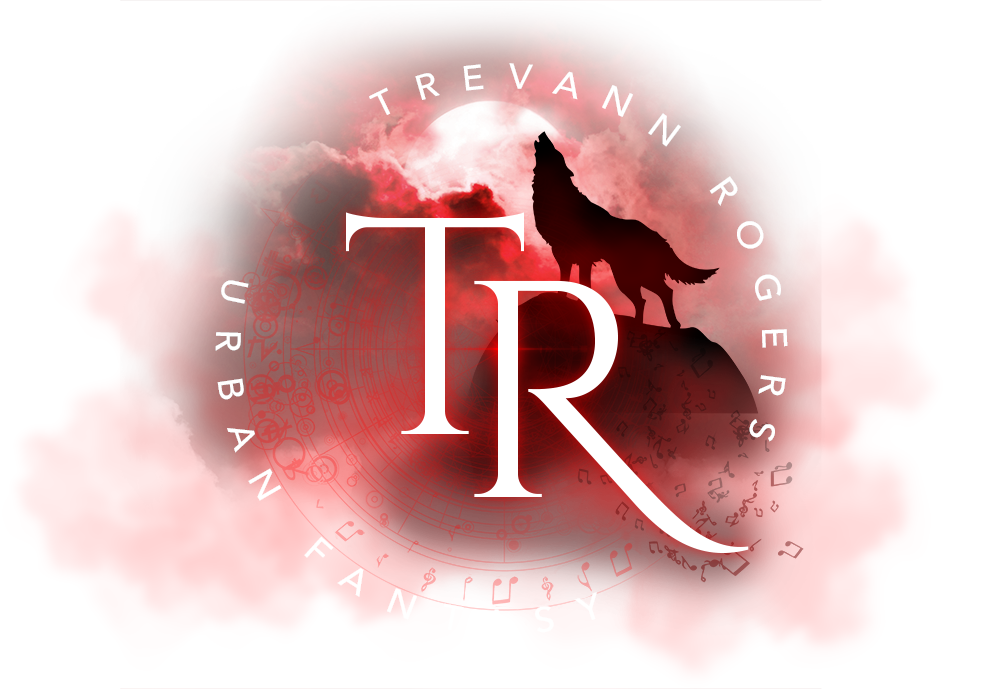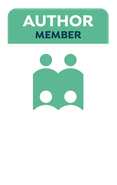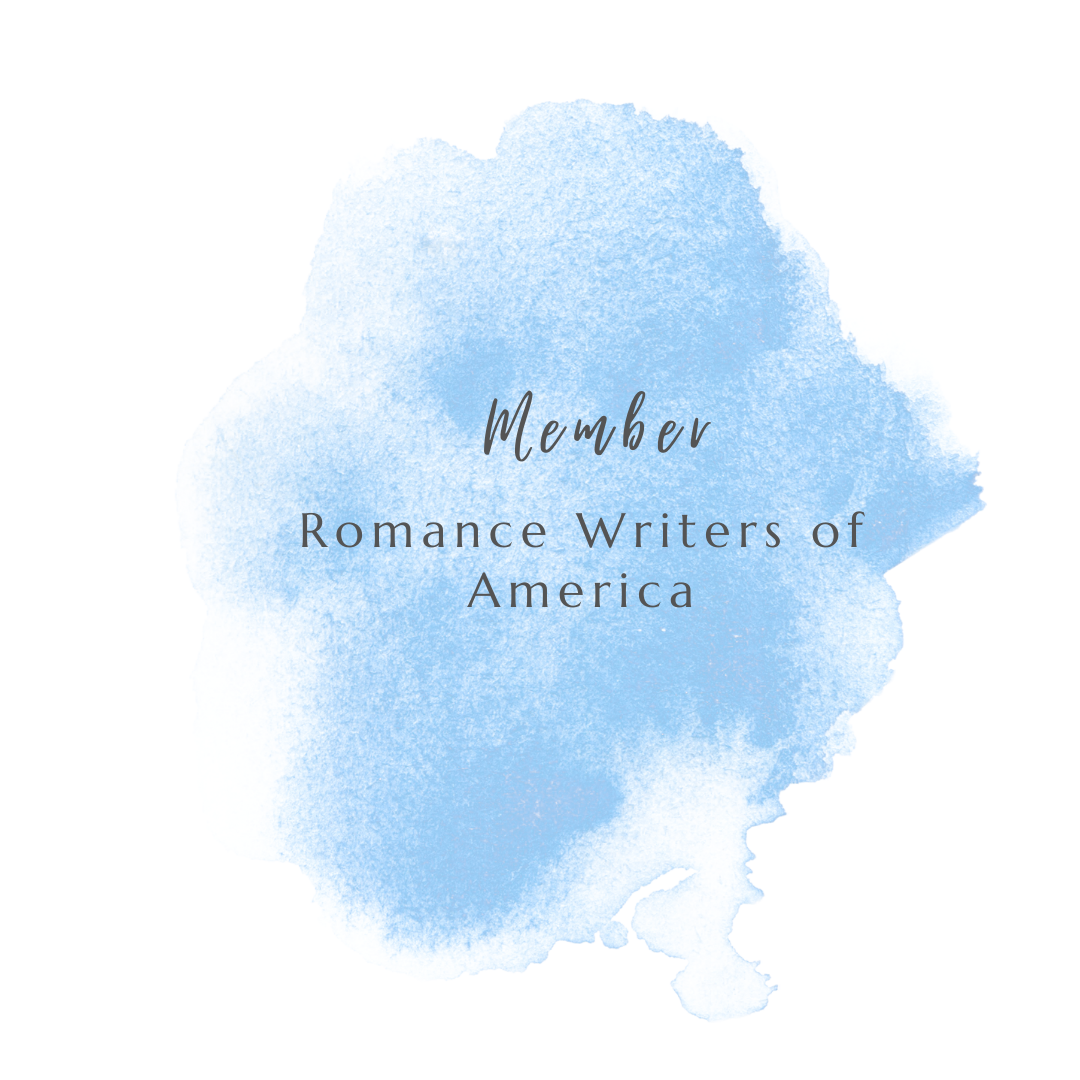Man literally under stress.
April is Stress Awareness Month.
Many of us have way too much stress in our lives. Stress doesn’t have to come from dire events. It can be insidious, creeping into your life and taking a toll little by little until you feel like the dude in the picture.
Been there? I have.
It is not new information that stress is physically harmful to you. The Mayo Clinic tells us that, left unchecked, stress can cause serious health problems including heart disease, high blood pressure, obesity, and diabetes. It’s in our best interest to find ways to alleviate it.
I know, you’re thinking, “Easier said than done.” A few years ago I would have agreed with you. But one day, I woke up with the realization that stress was killing me. At that very moment, I committed to making changes.
The first thing I had to do was leave the job of my heart. I loved it, was born to do it, but the stress of being a nonprofit executive was off the chart. But that wasn’t all. Here are five ways I hacked my way to a life with less stress:
Breathe. I have experienced the physiological effects of deep breathing. If you’ve never tried breathing mindfully in order to calm down your “fight or flight” stress response, just give this one minute exercise a shot and see how it makes you feel. Deep Breathing Tool
Put on headphones and listen to music. It doesn’t matter what kind of music soothes you, but headphones are a must.
Drink a cup of tea. Any warm beverage is thought to calm your body, but teas especially so. Mint and chamomile teas are well known to have relaxing effects, but so does rose tea. You can read more about it here.
Play with your pets. It’s generally known that having puppies and kittens around lowers our stress levels by increasing serotonin and dopamine. Don’t have a pet? Make a cup of tea and watch this video. Goodbye, stress.
Read. I know. You’d expect an author to say this. But immersing yourself in the world of a story can take you away and give you a chance to breathe.
Do you have any additional stress hacks? Let me know!









